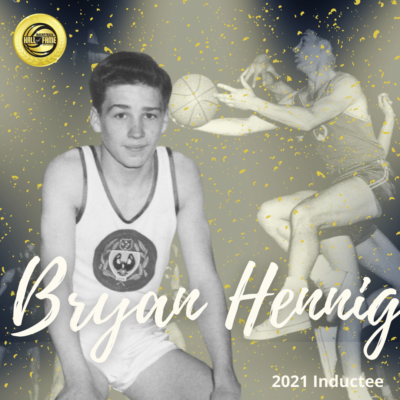refbook will be the Officials’ Technology Partner for Basketball South Australia, providing a dynamic platform for basketball officials across the states’ centrally-appointed competitions.
refbook is a cloud-based software that facilitates the management and assignment of sports officials. The online solution will provide the flexibility and functionality needed across South Australian basketball, servicing junior leagues through to state championships and NBL1 Central.
refbook Head of Commercial, Jon Chapman, said the partnership with Basketball SA has developed over a number of years with both organisations enjoying the benefits of technology partnership.
“refbook is thrilled to commit our partnership with Basketball SA, a federation that has been close to our journey from the start.” Chapman said. We have really enjoyed working with Basketball SA’s officials team for almost two years, and the ideas and feedback loop that has developed is providing a leading foundation for mutual future success.”
Basketball SA Referee Framework Services Manager Phil Haines said ”Basketball SA is delighted to continue the strong working relationship with refbook which will see us continue to have state of the art platform at our fingertips. This partnership will help us to continually improve our off-court efficiency which allows us to provide a stronger focus on the court.”
As part of the partnership, refbook will be offering a special package for BSA-affiliated associations, who will benefit from a range of unique features currently in development.
-ENDS-
About refbook
refbook is a sport officials’ assignment and management software from Melbourne, Australia. Its guiding principle is to use technology and automation to empower and connect sports administrators and officials. refbook is committed to providing a technology solution that meets the needs of all sporting levels, equally servicing both administrators and officials.
More information can be found at www.refbook.online
BASKETBALL WORLD CUP
In one year today, the world’s best female basketballers will tip-off for the first game of the FIBA Women’s Basketball World Cup 2022 (FWBWC22) in Sydney.
The Women’s World Cup, FIBA’s flagship women’s event, returns to Australian shores for the first time in 27 years, after the 1994 edition inspired a legendary era of players such as Michele Timms, Penny Taylor and of course FWBWC22 ambassador Lauren Jackson.
The Opals have their ticket secured and reigning World Cup champions Team USA joined them by winning the recent Tokyo Olympic Games. The remaining nations will fight it out for the last 10 places throughout Qualifying tournaments in February.
12 teams, 144 players and 38 games to be played across 10 days from September 22 – October 1, 2022. The FIBA Women’s Basketball World Cup is a must-attend event for your 2022 plans.
To get exclusive and first access to the best seats in the house, sign up to the event newsletter here.
You can also follow the journey on the event social media accounts – @FIBAWWC on Instagram, Facebook & Twitter.
See you in one year today!
Basketball South Australia would like to say thank you to all the Referees and Stadium Staff that helped out this weekend. We would also like to acknowledge and thank our member families who had jam packed weekends juggling multiple commitments and the ongoing dedication of all Coaches and Team Managers. Without the support from everyone we wouldn’t have basketball and we are fortunate when our interstate counterparts continue to struggle.
Over the weekend we had the following:
Special thanks to our referees:
There were a total of 439 games and 878 referee appointments. It was a massive task to get all of these games covered. We managed to get 852/878 appointments filled – this equates to 97% of referee appointments filled.
This is thanks to the 189 Referees that worked games over the weekend.
Some referees worked 15 games over a 3-day period which was a massive help. On average referees worked 5 games over the weekend.
In saying all this we will need to do it all again. From Friday the 8th of October to Sunday the 10th we will have another double round. We will be calling on all referees to assist here again. If you could please make yourself available to referee this weekend it would be greatly appreciated. Pays will be increased to 15% more for all Sunday games.
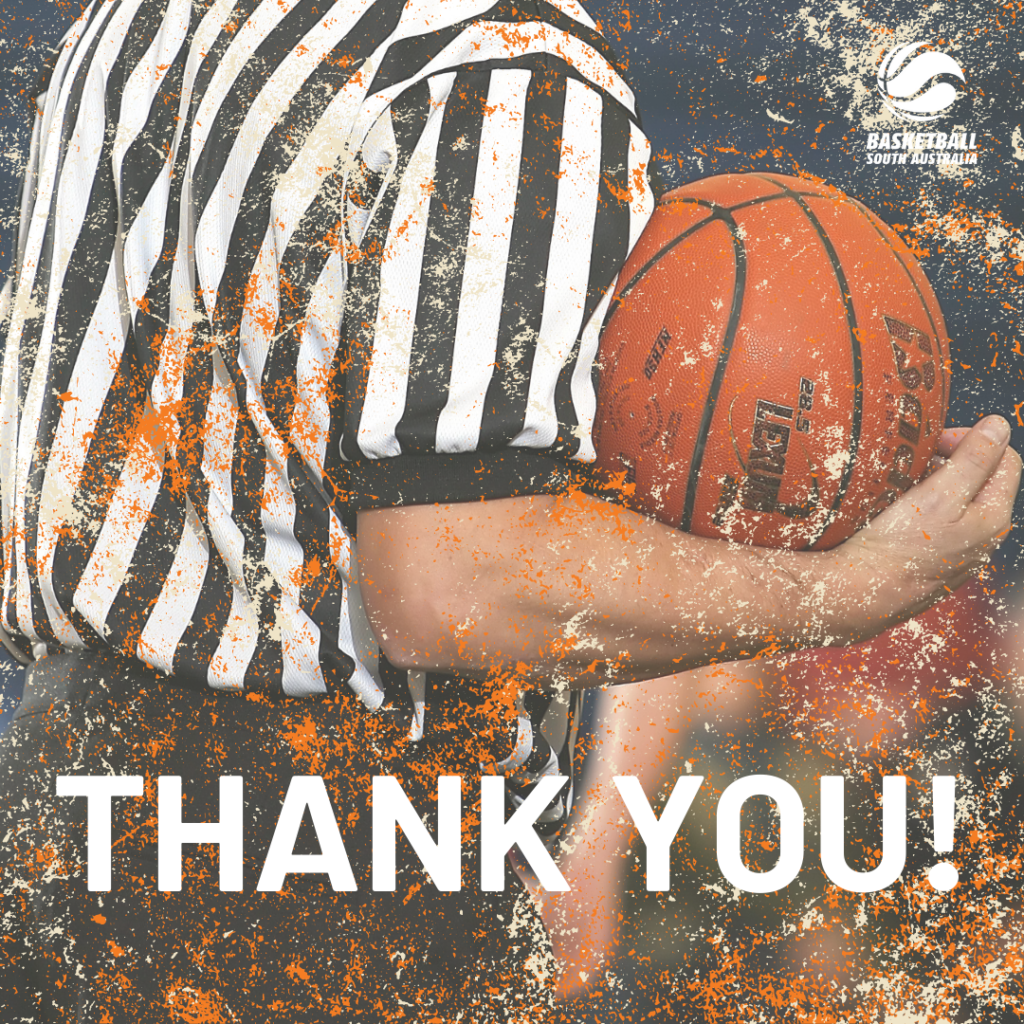
2021 Women’s Champions – Southern Tigers
The Southern Tigers have held on with a bunch of clutch plays as they won the inaugural NBL1 Central Womens 87-77 over the North Adelaide Rockets at the St Clair Recreation Centre.
The X-Factor for the Tigers in Bianca McCalop started with two triples and along with Jemma Thacker pushed them out to a 10-0 start. Tia Bails then drained a triple before Morgan Yaeger got going followed by a Thacker triple for an 18-5 start. With five straight triples to the Tigers it took Jess Good with two triples in a row to snap the momentum, but veteran Tara Dodman drained another triple to leave both teams with ten triples in the opening stanza as it stood 29-22 with the Tigers up at quarter time.
2021 Men’s Champions – North Adelaide Rockets
The North Adelaide Rockets ended a 15-year drought in the Mens as they stunned in the finals series and in the NBL1 Central Mens Champiosnhip decider with an incredible fairy-tale finish 72-87 over the Norwood Flames at the St Clair Recreation Centre.
Sunday Dech set the Rockets going with a couple of big buckets early with a triple then putback two with the Rockets opening a 2-11 run with CJ “Turnage-nator” Turnage guarded closely by Dech; Tobias Dowdell off to an incredible start with 5 points of his own. Anthony Green hit back for the Flames with a thunderous two-handed slam but Dowdell then added another two with Jack McVeigh dropping his first bomb of the night to make it 6-16 and timeout to Mike Malat and the Flames. Green flushed another one down before Jimma Dau hit back for the Rockets with a triple followed by former Rocker Ray Harding at the other end with a triple along with Turnage. Verle “The Red Tornado” Williams found Dowdell with the no-look pass and Tobias flushed it down one handed for an explosive opener 16-25 after one.
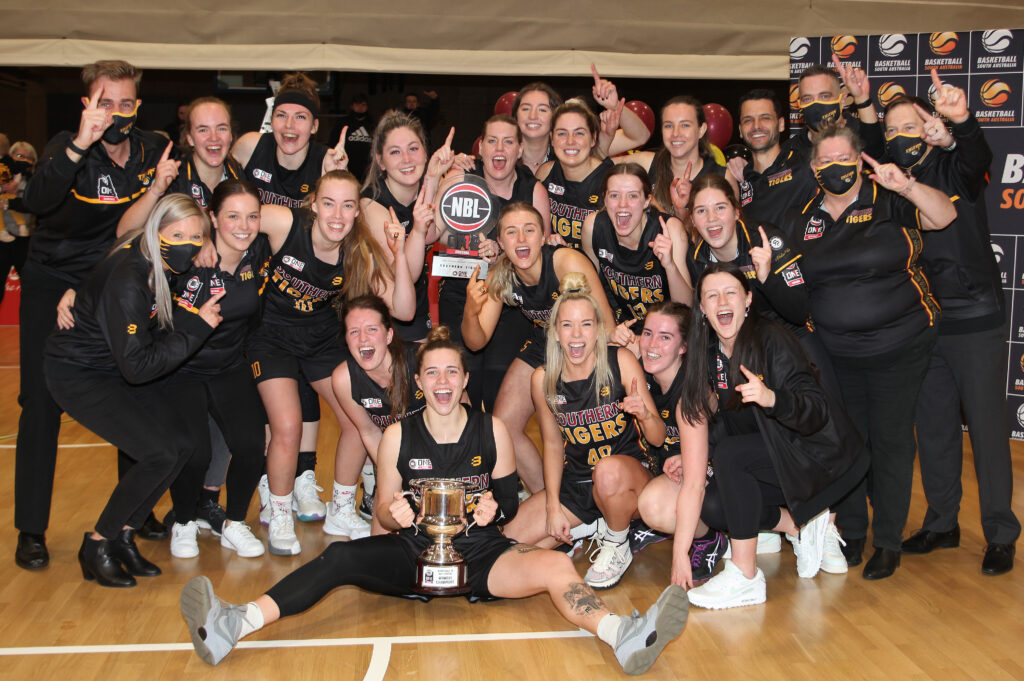
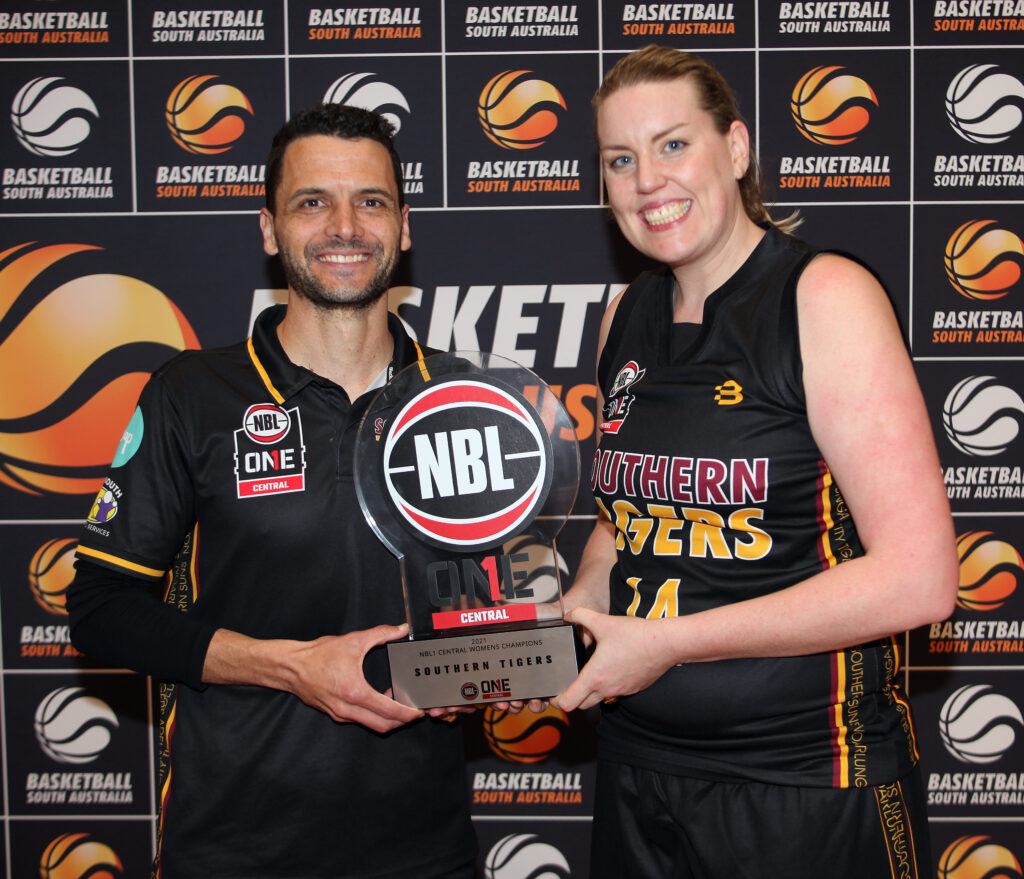
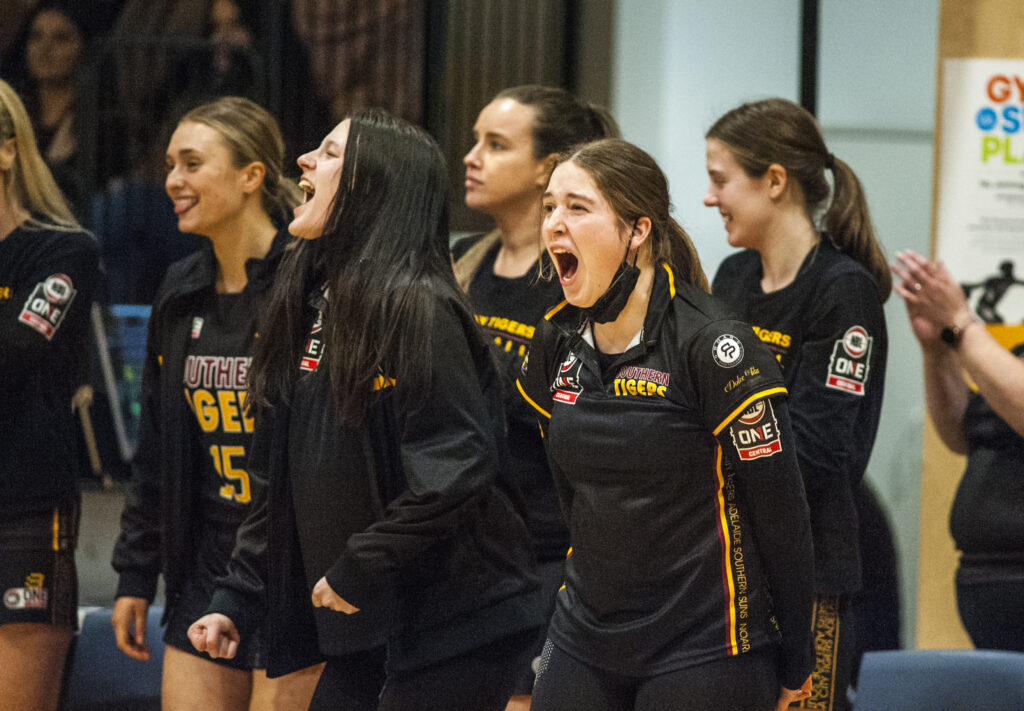
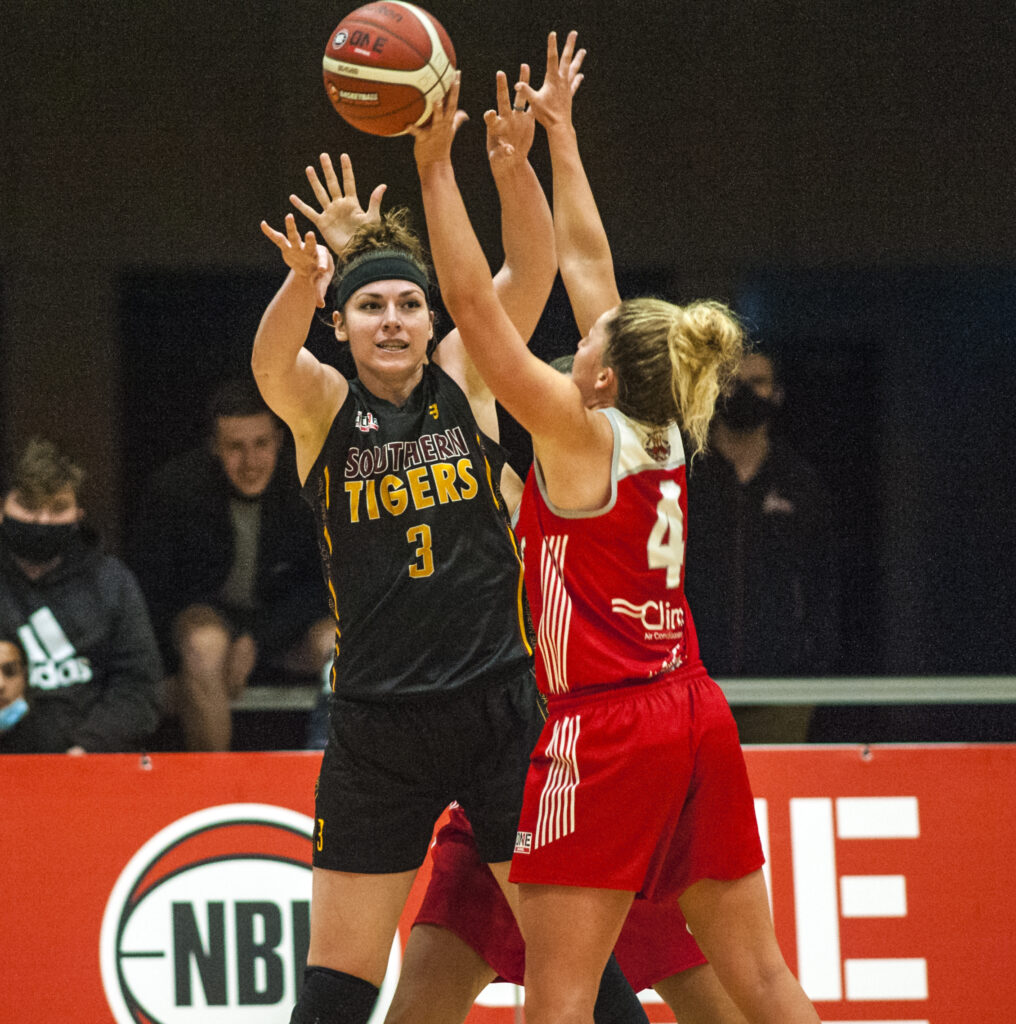
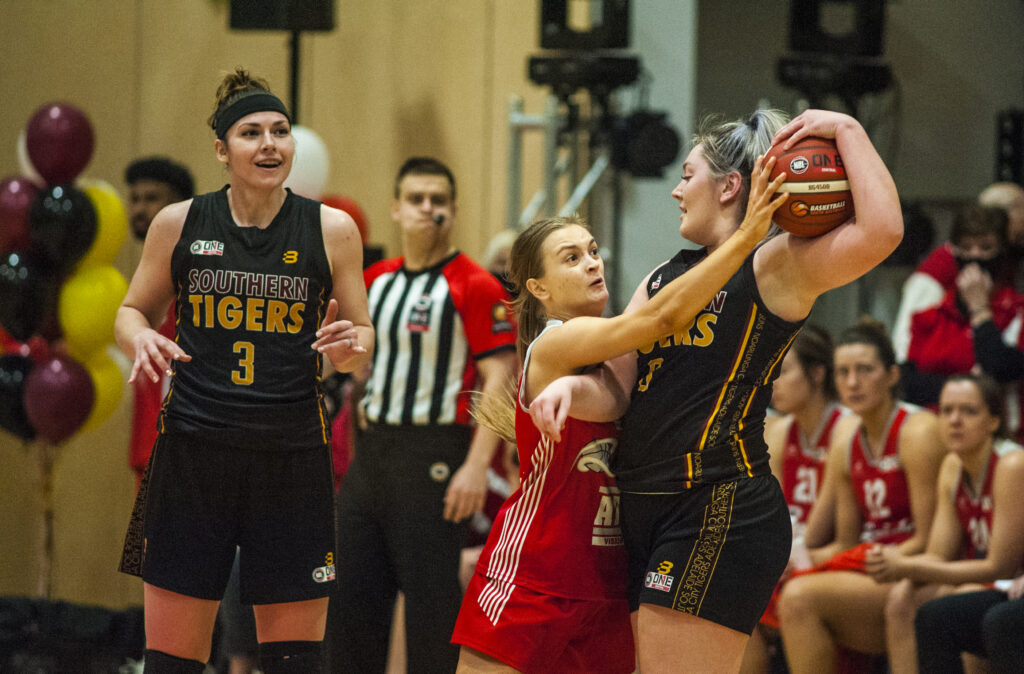
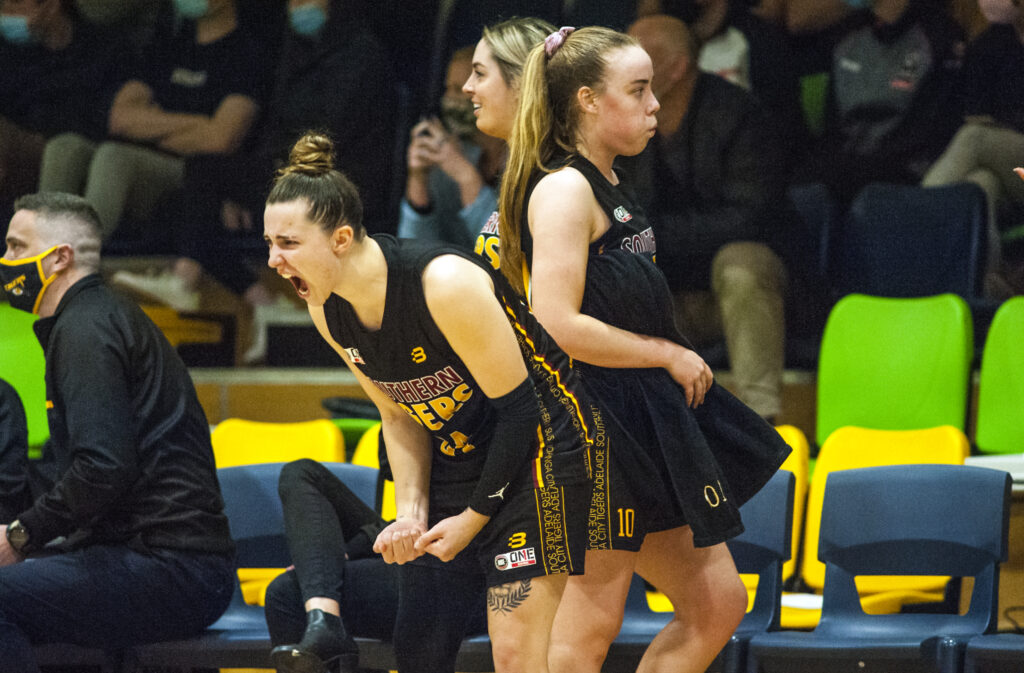
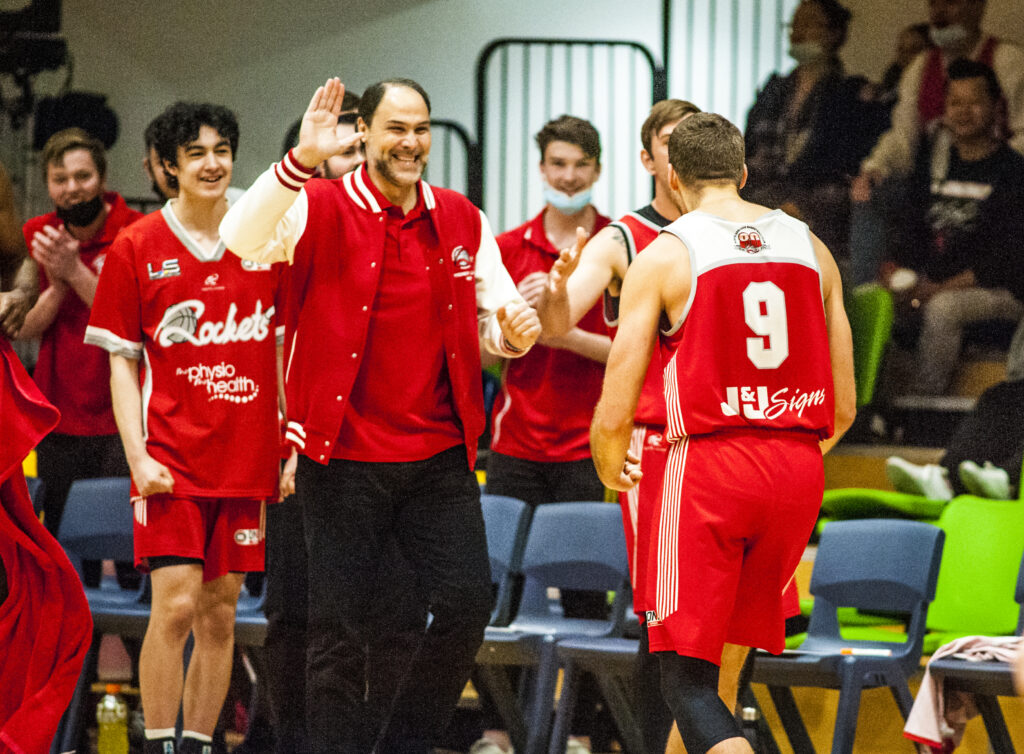
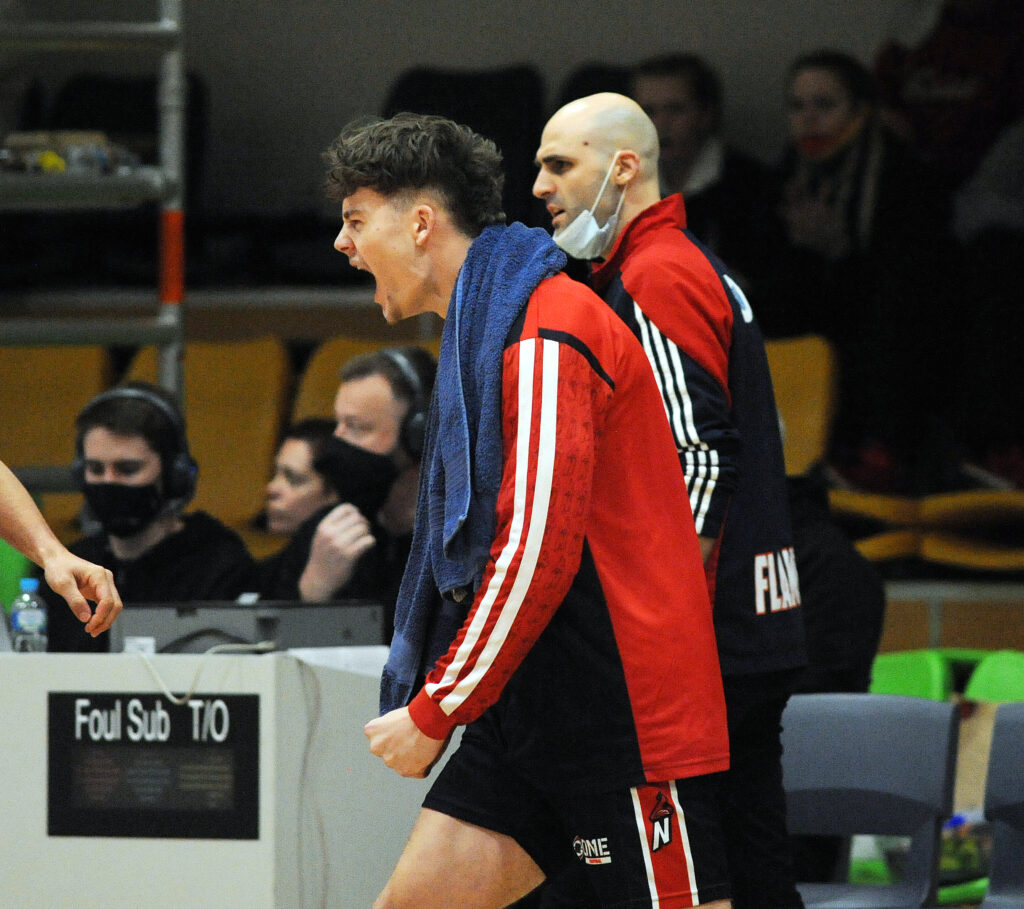
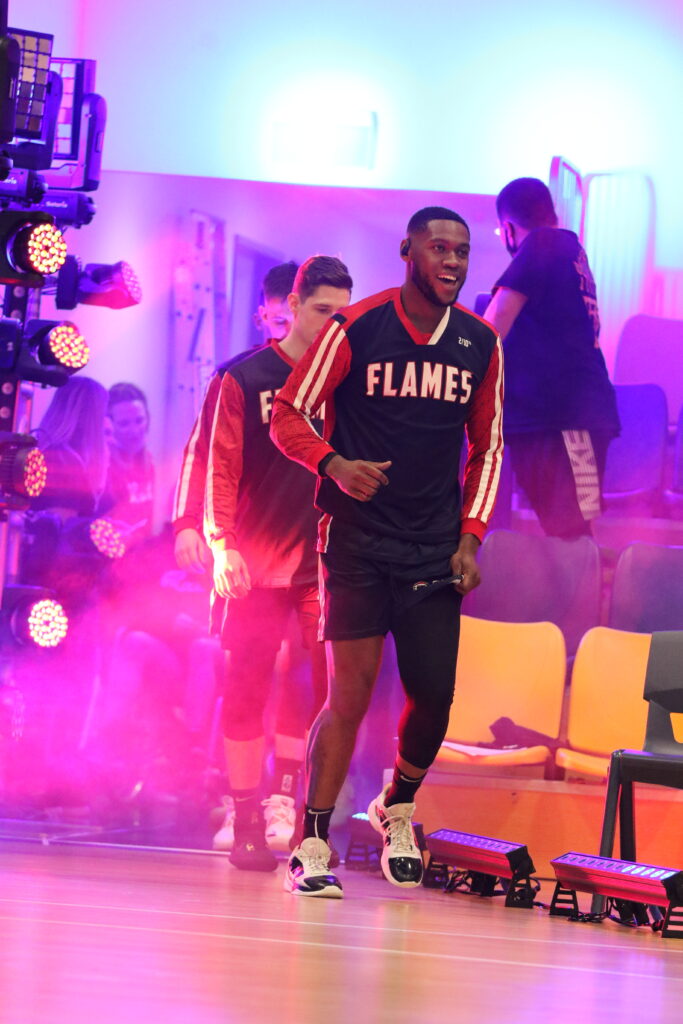
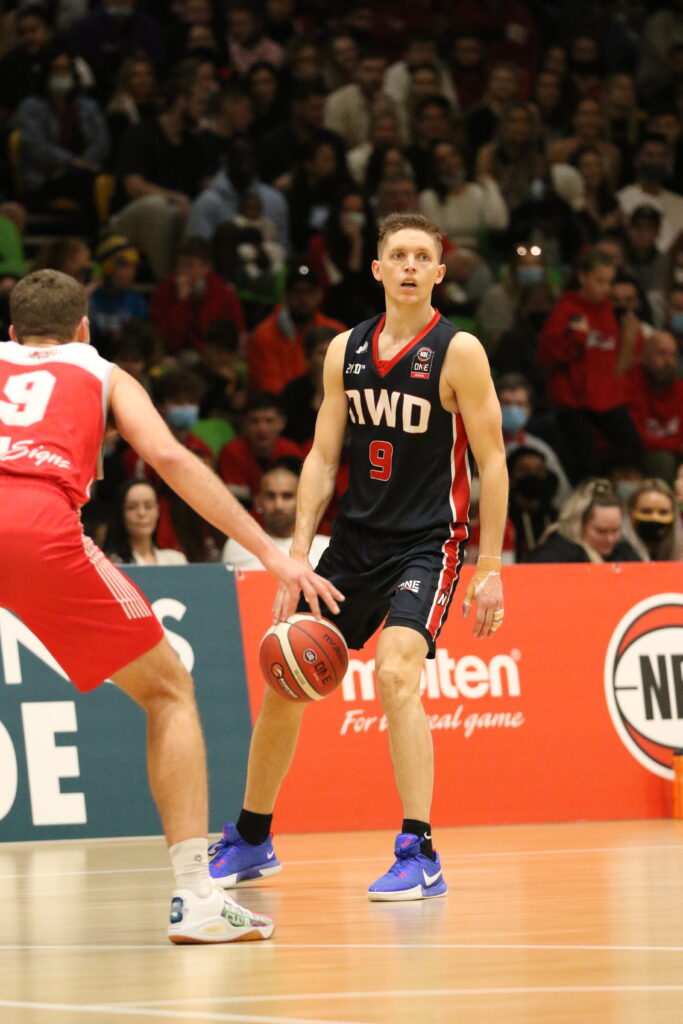
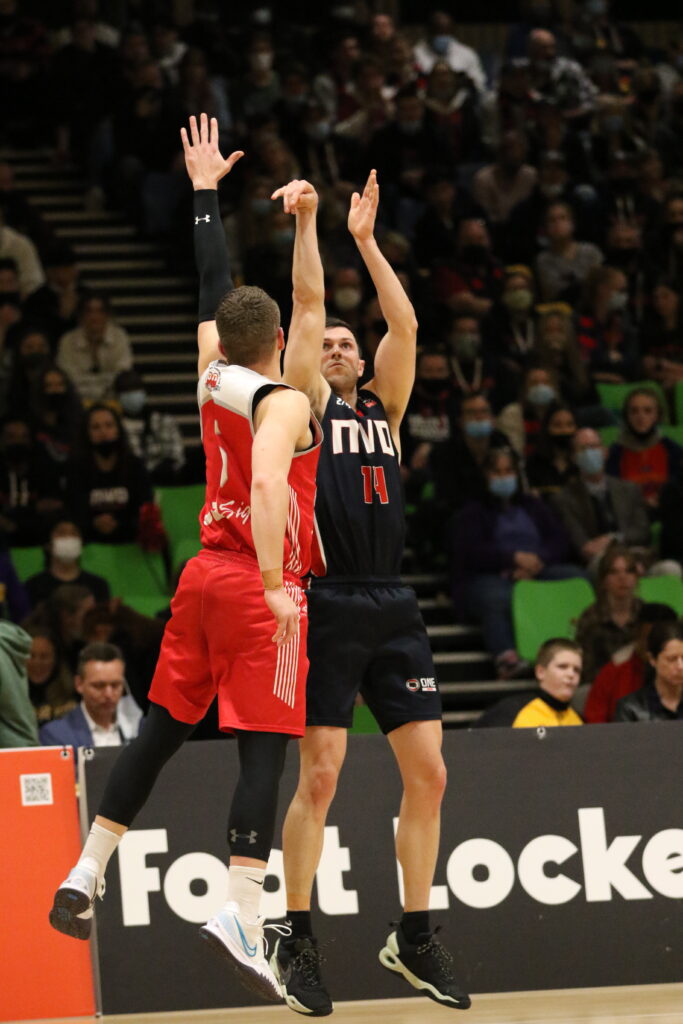
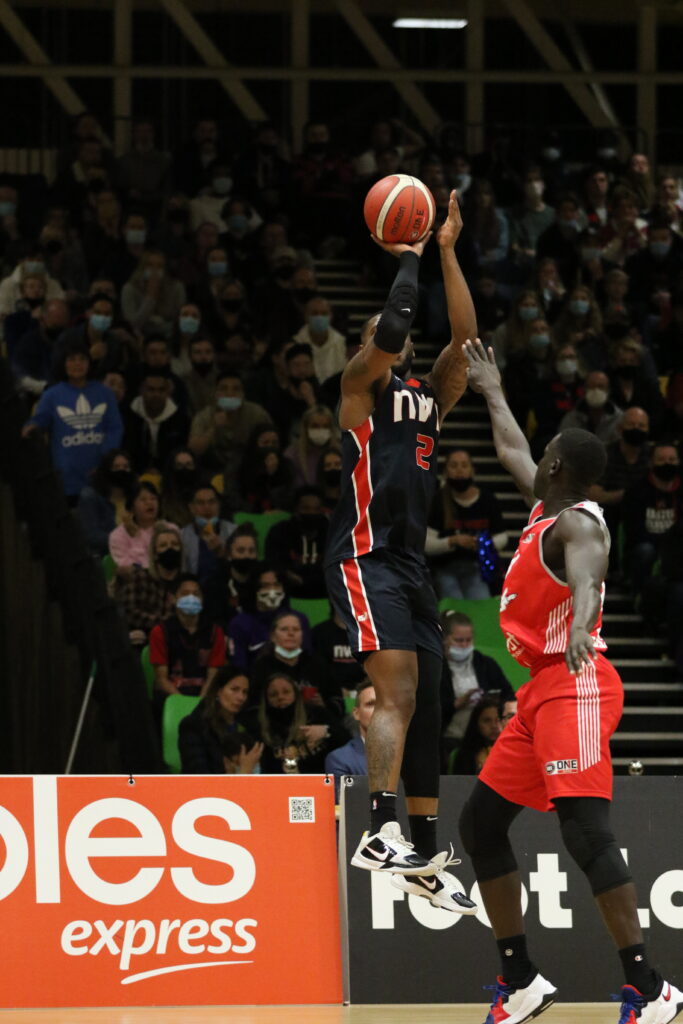
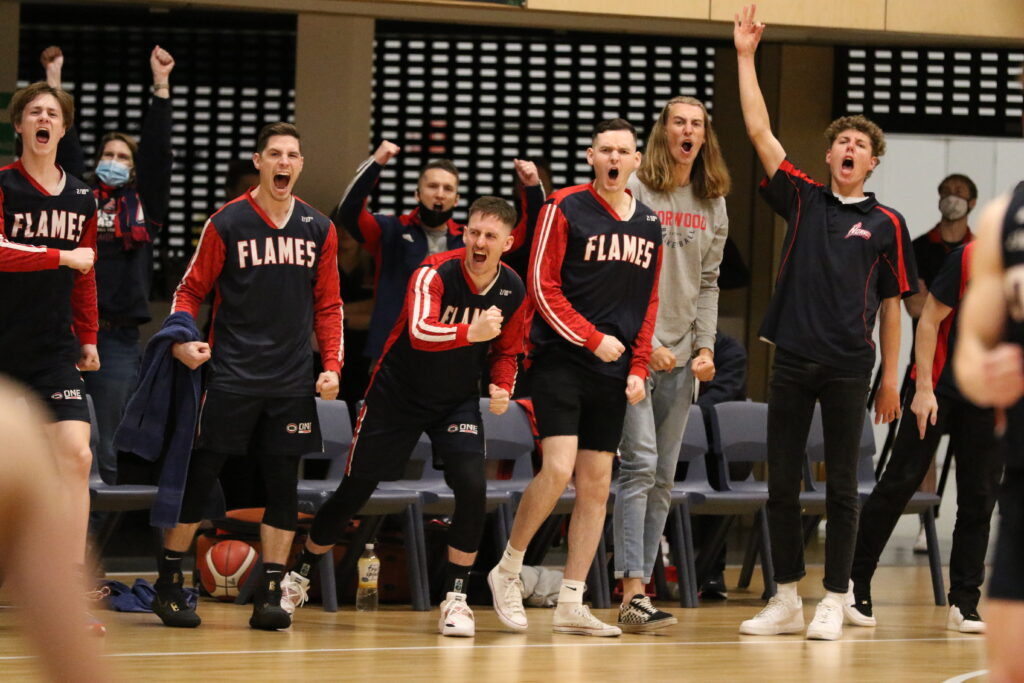
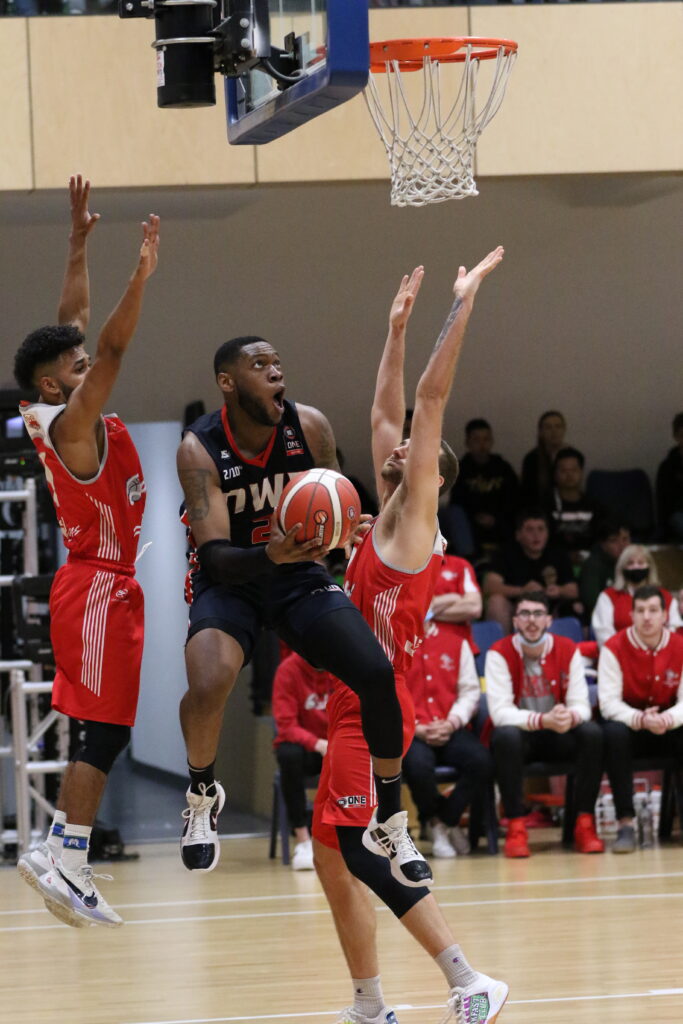
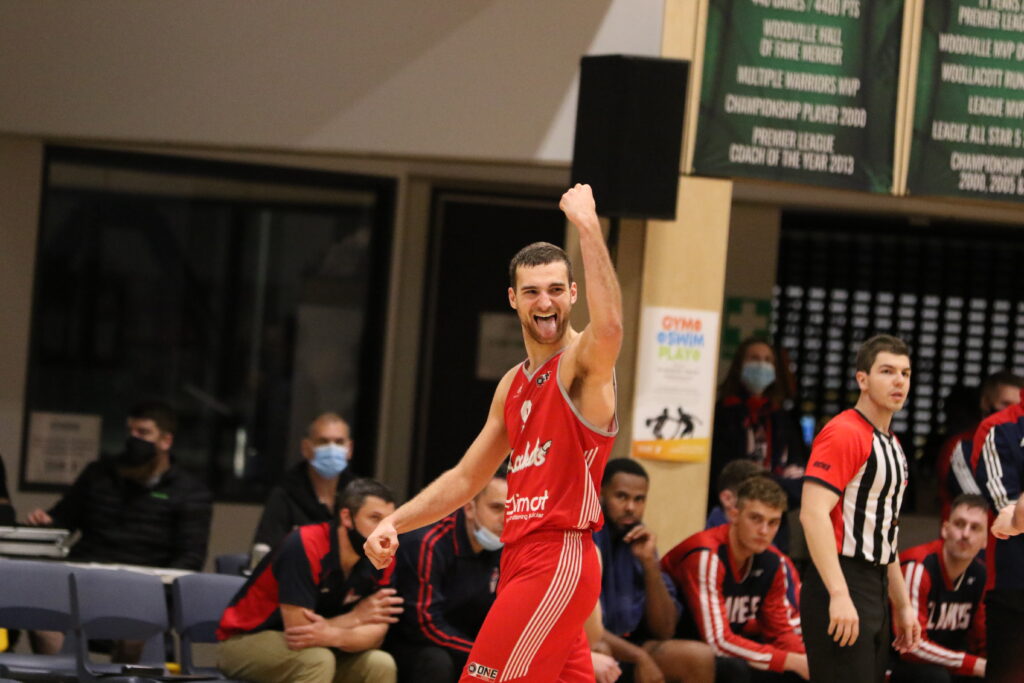
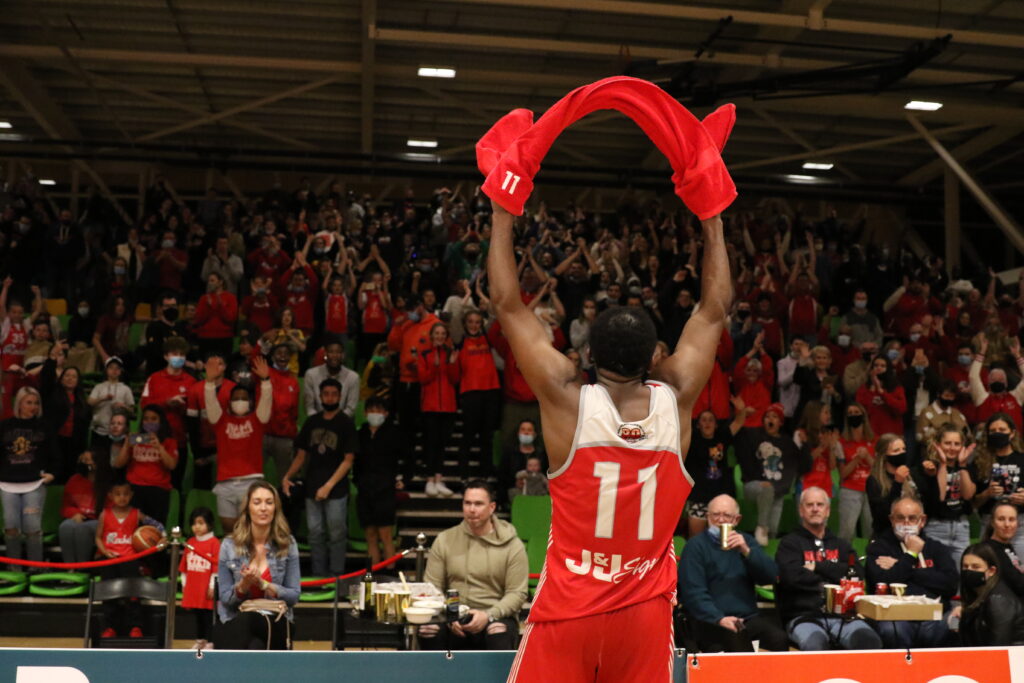
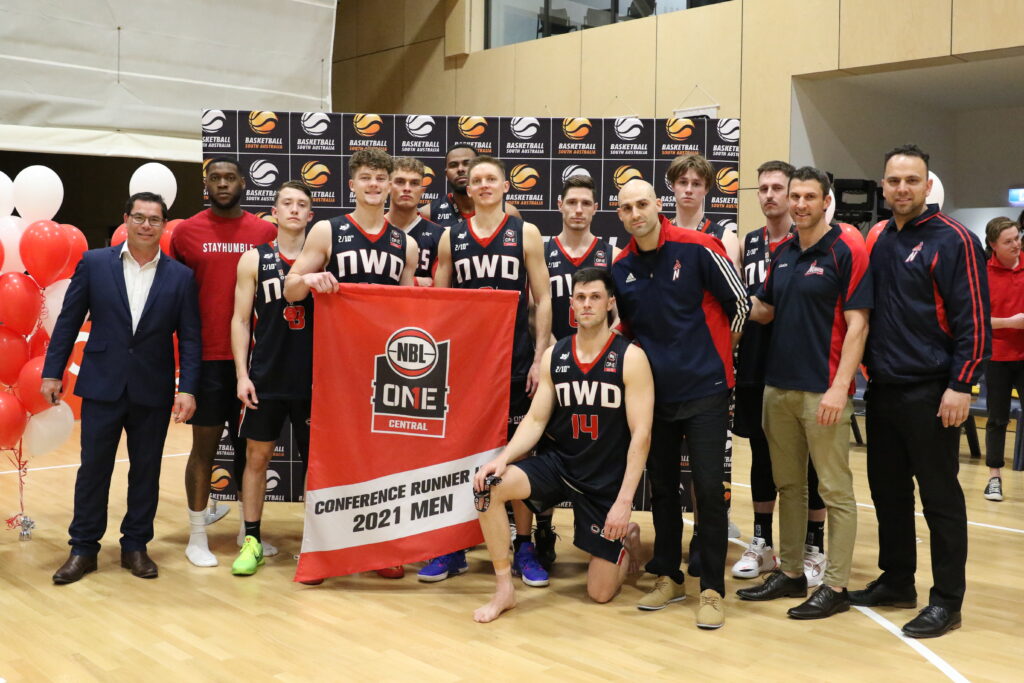
Earlier this month South Australian basketball royalty, family, friends and supporters came together at the Stamford Grand to celebrate the 2021 Basketball South Australia Hall of Fame.
We would like to introduce you to our 2021 Inductees and Legends…
Inductees
Legends
Basketball SA would like to thank our Wine Partner Lindsay Wine Estate for their support of the 2021 Hall of Fame event.

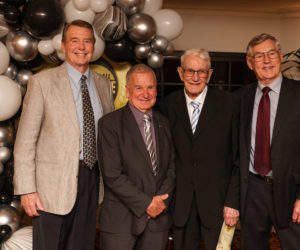
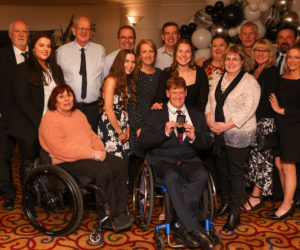
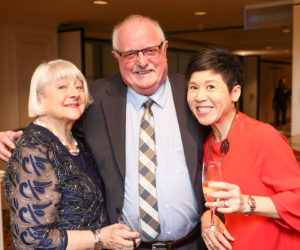
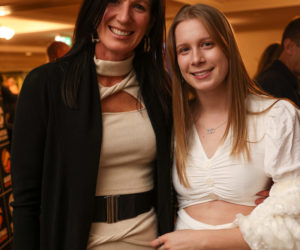
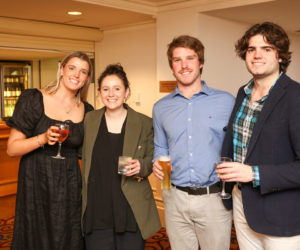
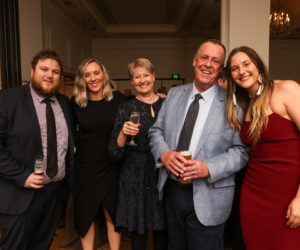
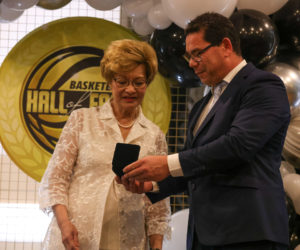
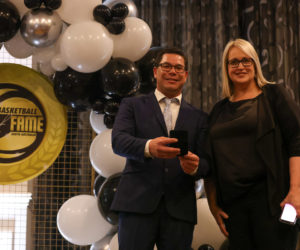
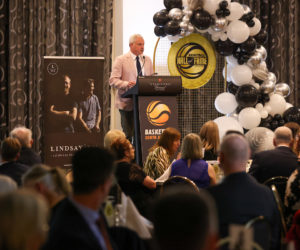
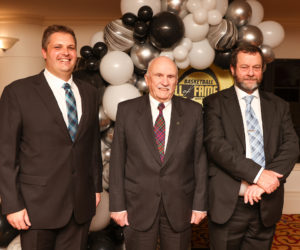
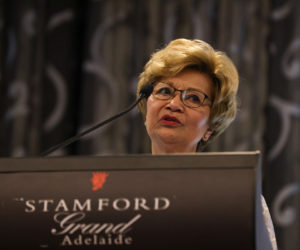
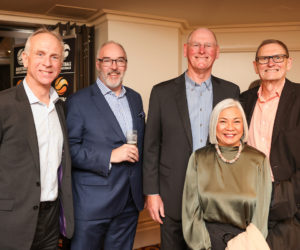
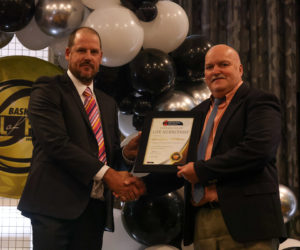
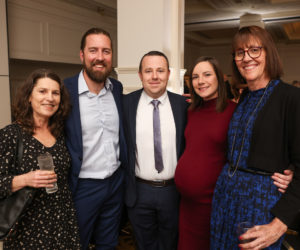
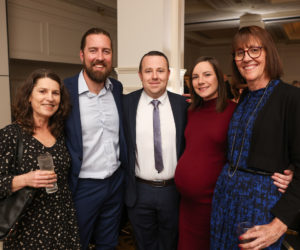
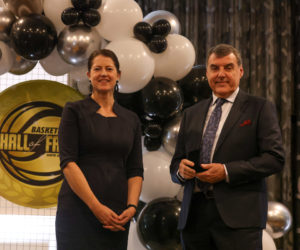
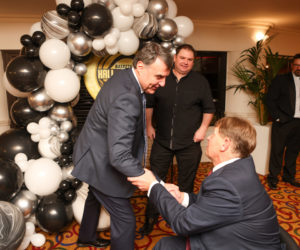
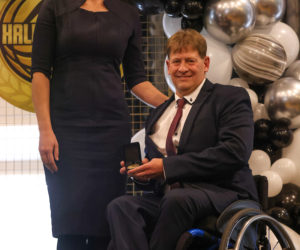
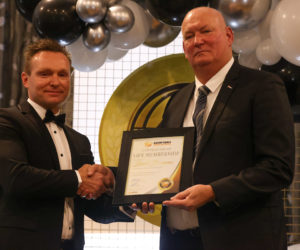
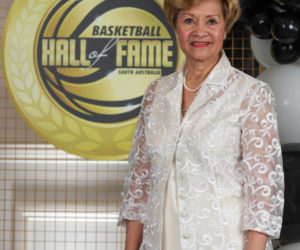
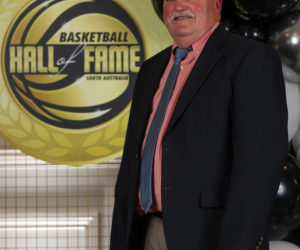
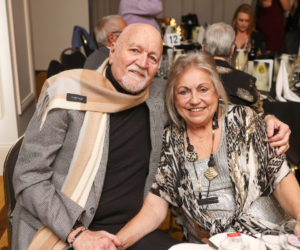
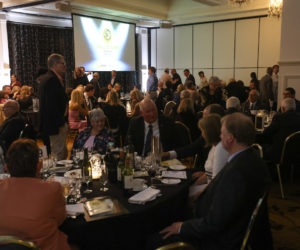
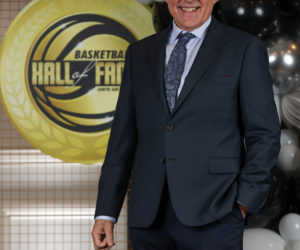
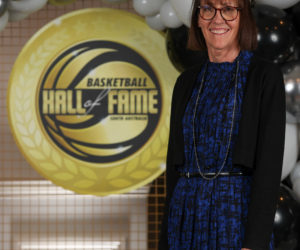
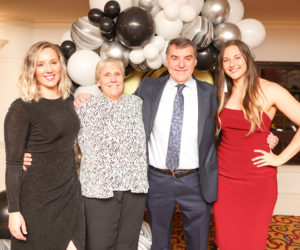
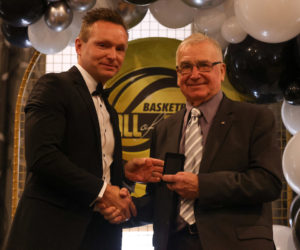
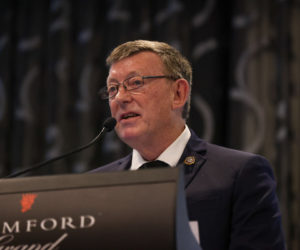
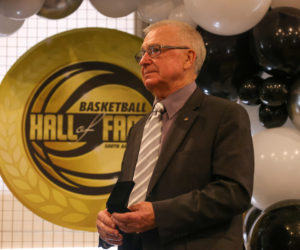
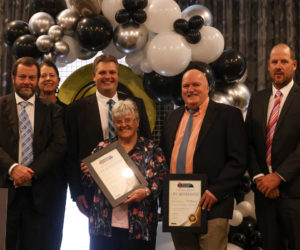
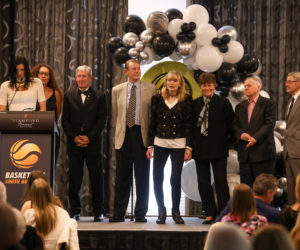
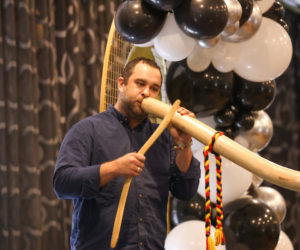
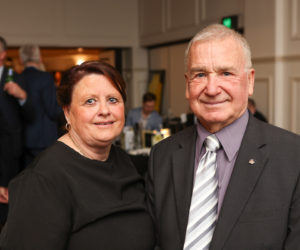
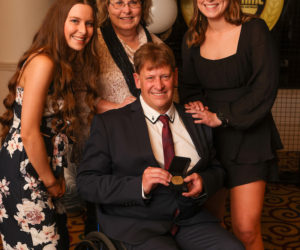
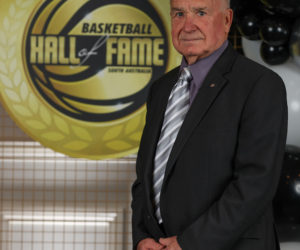
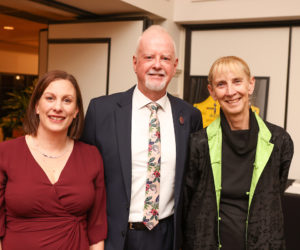
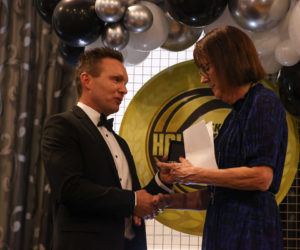
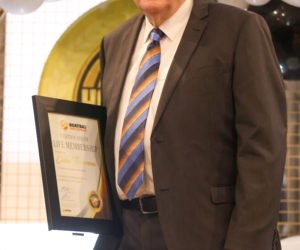
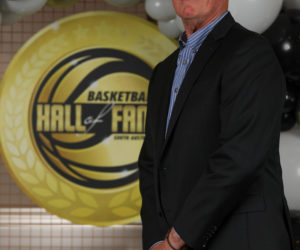
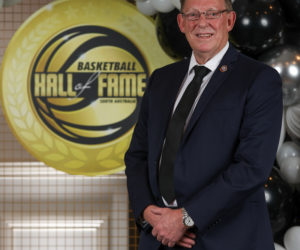
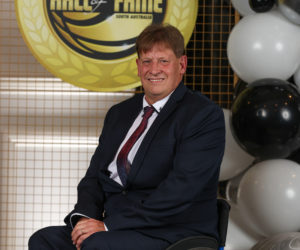
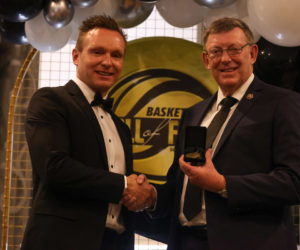
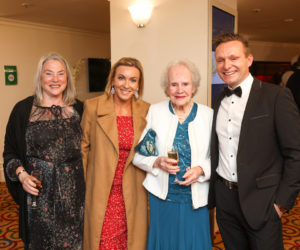
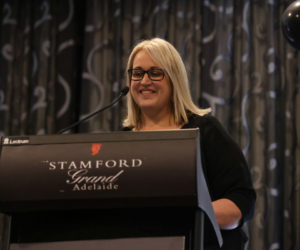
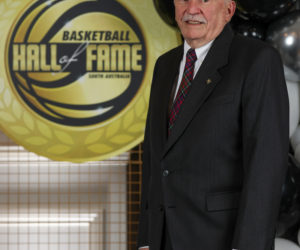
The Basketball SA AGM was held on 30 May 2021, and we are delighted to announce that at that meeting a Life Member Nomination for Allan Polkinghorne was accepted by the BSA Council. The Life Membership award recognises the long-term commitment of an individual who has made significant contributions to their local basketball community.
Allan has contributed to Basketball since 1955, from a player to official and administrator. To this day, Allan continues to contribute to the referee community within the SA Church Basketball Association.
Allan was nominated for Life Membership by SA Church for his countless volunteer hours to the sport, his exemplary character, and for the positive impact he has made to basketball and officiating over the last 60 years.
Allan has been a stalwart of SA Church as an official and administrator. His first formal appointment being in 1972 on the Rostering Committee of SA Church Basketball Officials Association where he also held positions of President, Vice President and Secretary over the course of his tenure. Allan has trained, assessed and mentored countless referees for basketball and was inducted into the Basketball SA Platinum League of Referees in 2014.
We congratulate Allan on this significant achievement and welcome him to a highly prestigious group of players, coaches, officials, and administrators, who together form a rich history of basketball in South Australia.
Allan’s award will be publicly acknowledged at the Hall of Fame Dinner on 9 July 2021, when we will also commemorate the Life Memberships of Bert Bargeus and Colin Thompson.
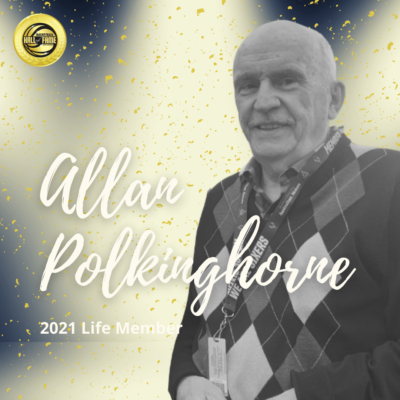
Basketball SA Hall of Fame “Legend” Werner Linde will be joined in that exclusive category by two of the sport’s all-time greats across multiple contributions, in 50-60s superstar Lorraine Eiler and pacesetting pioneer Frank Angove.
Both Lorraine and the late Hiram F. Angove made contributions to the sport far above and beyond and their elevation to “Legend” status at the Hall of Fame presentation dinner on Friday, July 9 at the Stamford Grand Hotel will be one of the event’s major highlights.
Peter Ali, David Gould, Bryan Hennig, Boti Nagy, Geoff Weeks, Ted Powell and the 1990 North Adelaide Rockets women’s team will be inducted into the BSA Hall of Fame on the night.
Frank Angove was among the Hall’s original trio of inductees in 1993 after a long and distinguished career in the sport, winning four A-Grade championships at Our Boys Institute (OBI) – including two as captain-coach – and representing South Australia at Australian Championships from 1946-1951.
In 1951, he was named the best player at the national tournament, the forerunner of the MVP award.
As an administrator, Frank formed the voluntary building committee which culminated in the erection of Forestville Stradium by 1953, and was active in negotiating the building of additional stadia at Bowden, Marion, Hillcrest, Sturt and Morphett Vale.
He also negotiated the site and building of Apollo Stadium in 1969, managing the venue until his retirement in 1978. Frank also was the honourary state secretary for 25 years and employed full time for 11.
As a team manager, he was SA’s manager at 26 national championships, the Australian men’s team manager at Olympic Games in 1964 and 1972 and at the FIBA World Championship in 1974.
Frank also wrote basketball for The News newspaper for 30 years, was the first life member of both the District and Metropolitan Amateur Basketball Association and the SA Amateur Basketball Association (now BSA), the fourth life member of Basketball Australia and in 1980 he was awarded the Order of Australia for his services to basketball.
Lorraine Eiler (nee Maguire) was a sporting superstar in South Australia and Australia, as both a state and national player in netball, a four-time SA squash champion and ranked No.2 in Australia in 1959.
As an A-Grade tennis player for East Torrens, she won singles and doubles tournaments, yet despite her multiple successes, her first love was basketball.
In 1953 when the Harlem Globetrotters played in Adelaide, Lorraine and the rest of her seven-a-side basketball team (as netball then was called) were asked to fill in on the evening’s program.
Dazzled by the “five-a-side” game, Lorraine and Eril Homburg (nee Drennan) asked Vern Thomas – who would coach Australia’s historic first national team at a World Championship when he had charge of the original Opals in 1957 – for some lessons in “five-a-side”.
They eventually formed the club Vikings and approached Frank Angove to arrange games for them.
That led to the start of the South Australian United Women’s International Rules Basketball Association in which Lorraine’s Vikings remained unbeaten for two years, winning championships in 1955 and 1956.
Women’s basketball also was underway in Victoria and NSW, Lorraine driving the start of national championships which eventually encompassed all of the states and the ACT.
Captain of the SA team in 1955, she guided it to the Australian championship title that year and again in 1956 before being named captain of the Australian Opals team which paid its own way to compete at the 1957 FIBA World Championship in Brazil.
Lorraine’s Saturday morning sports show on radio station 5CL – “Calling all Sportswomen” – also was groundbreaking, as is the fact she is the first Australian woman to receive a U.S. college scholarship.
Inducted into the Basketball Australia Hall of Fame in 2007, the same year as Frank Angove, it truly is fitting the duo of basketball visionaries and pioneers achieve elevation to Legend status together.
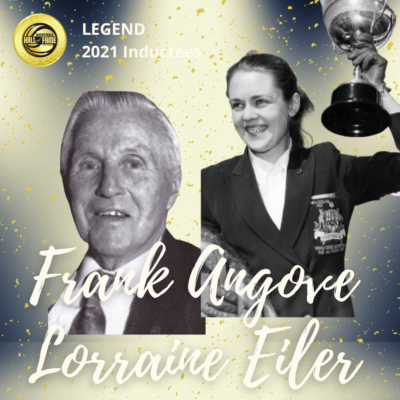
Boti Nagy was born into a Hungarian migrant family that fled Europe post-World War II for a better life. Australia promised and delivered. Boti unobtrusively became the best known of the illustrious ‘Nagy Brothers’ who dominated SA basketball during the 60s and early 70s.
Unlike his award-winning siblings, Boti became more famous (or infamous) as the most driven basketball journalist Australia has seen. His first 16 years as sports reporter for The News newspaper were writing stories in his own time and without pay. Such was his passion to deliver at least one basketball story in the newspaper each day that any day when he couldn’t deliver this he viewed as a failure.
However, the Boti Nagy basketball story does not begin and end with his role in the media, but actually covers just about all areas of the sport.
Boti has been a player, coach, referee, club president, administrator and innovator who was even a playing-coach of Budapest’s Under 12s in 1966. Believing that playing the game was an important upgrade on one training a week, he encouraged his teammates to play 3-on-3 basketball each Saturday afternoon after their morning game.
Everyone played and everyone refereed and it was in this competition Boti’s match report writing developed. He typed weekly match reports on his Remington typewriter and yellow paper, (including carbon copies for players to share), mimicking the yellow sheet provided for the District competition at Forestville each Thursday night.
Had Boti ‘patented’ the 3×3 game, he could have made a fortune. His experience in 3×3 definitely helped his selection as a member of the SA District Under-12 teams which competed against Victoria in Adelaide and Melbourne in 1966 and 1967.
Boti’s playing career, which included state representation at the inaugural Australian Under-20 men’s championship in Brisbane in 1974, ended prematurely through a knee injury sustained one Thursday night in District basketball at Apollo Stadium. He played three seasons at the District level for Norwood and Adelaide, as well as a season for North Adelaide in the Reserves competition.
As a senior coach, he had the helm of women’s teams in the District competition, most notably Adelaide Giants (which became Adelaide Southern Suns) from 1978-1981 inclusive, then competed in the finals in all five years that he coached Sturt (1984-88).
He took Norwood Flames into Division 1 and on to the finals in 1990, then coached Adelaide Southern Suns (became Southern Tigers) from 1993-1995 and again in 2000, making finals in 1993 and 2000.
As Sturt’s SEABL women’s coach from 1986-1988, he led them to interstate finals in 1986 and 1987. In 2019, he returned West Adelaide Bearcats to the Premier League finals.
As Premier League Assistant Coach with Forestville Eagles, he was part of the 2001 Championship and with South Adelaide Panthers part of the finals series in 2015 and 2016.
Boti has coached every Division 1 level of junior basketball, from under-10 to under-23 and took Forestville to Under-14 Nationals in 2006, reaching the semi finals.
He was named Club Coach of the Year (Females) at Forestville in 2006 and at Southern in 2009 and 2010, was a member of the NBL Games Rules Committee in 2000, is a five-time Basketball Australia Hall of Fame nominee. He was instrumental in brokering the merger of Adelaide Giants and Southern Districts Cobras clubs to form Adelaide Southern Suns.
As a dedicated basketball writer for News Corp for 43 years, he won multiple awards and is a ten-time Basketball Writer of the Year of the NBL and WNBL.
As an administrator, Boti served as BASA’s Development Manager and a member of the BASA Senior Competition Committee, responsible for restructuring of the senior basketball program in SA with the formation of the Australian Basketball Association Central Conference competition.
He also was responsible for the formation of a country league, the Southern Conference Big 8 (originally Big 6) which featured teams from Mannum (Adelaide River Redbacks), Murray Bridge, Eastern Hills, Port Pirie, Port Augusta, Whyalla, Millicent and Riverland.
Best known though as Australia’s premier basketball writer and a custodian of the sport’s rich history, Boti was notable for always calling it as he saw it and a a champion for the promotion of both the men’s and women’s games.
Inheriting the role from contributing writer and Hall of Famer Frank Angove, Boti’s goal was to have basketball viewed as a major sport and for his weekly ‘Around the NBL’ column to be sought as highly as Frank’s original ‘Basket Hanging’ column was in Saturday editions of The News.
Boti’s 1989 book ‘High Flyers-Women’s Basketball in Australia’ brought the women’s game into sharp focus and in 2008 he penned the Brett Maher biography ‘Mahervellous: The Brett Maher Story’.
As the only writer to witness the birth (and demise) of every NBL and WNBL team, he inhabits a unique position in our game.
Boti’s induction into the Basketball SA Hall of Fame is a worthy recognition of his contribution to basketball.
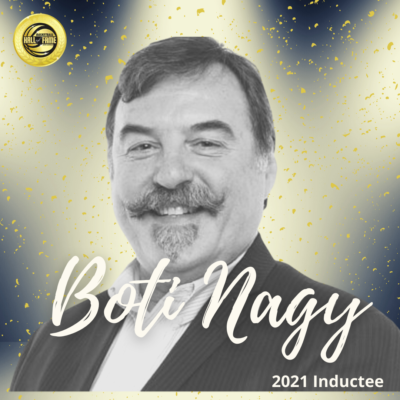
Before there was Ben Simmons, before there was Lauren Jackson, before there was Andrew Gaze, Australian basketball already had a unique individual making his mark on the world stage – South Australia’s David Gould.
Already earmarked for an excellent career in the sport when he represented South Australia in a series of games against Victoria (and Andrew Gaze for that matter) in under 12s in 1976, David’s career was cut down by a shooting accident which left him a paraplegic.
But very little could deter David’s indomitable spirit. He turned to Wheelchair Basketball and was representing South Australia in 1982 at the age of 16.
He was selected in the Australian team in 1984 at the age of 19 and before he retired, David played in five Paralympics and five World Championships.
Clearly he was an exceptional talent, a truth reinforced with his selection in the World All Star Five at the 1994 World Championship.
Two years later he was selected in the World team to play against USA in a pre-Atlanta Games tournament.
But perhaps his greatest achievement was as co–captain in Atlanta of the 1996 Australian Rollers team which won Australia’s first ever gold medal at Olympic or Paralympic level.
Revered and respected worldwide, David represented Australia more than 550 times as a player or coach and his record within Australia is exemplary.
At national championships between 1982 and 1993, David led South Australia to titles in 1982-1986-1989-1990-1991, led the scoring at every tournament from 1984 to 1993, was the carnival MVP or Best and Fairest and/or won selection in the All Star Five at every championship.
With the advent of the National Wheelchair Basketball League (NWBL) Gould’s South Australian team, now known as the Adelaide Thunder, won the championship in 1993.
In 1994, with David now vice captain, the team went undefeated to the championship and he became the recipient of the Carlton United Disabled Sports Star Award.
As his Adelaide Thunder in 1995 won the NWBL championship for the third year in a row, David was voted the league’s Most Valuable Player.
Playing for South Australia at nationals in 1996, he was runner up as Most Valuable Player and Top Points Scorer, and selected in the All Star Five Team … and that was despite only playing in four of the tournament’s seven games.
Sidelined for most of the 1997 season due to an injury, David still finished runner up as Top Point Scorer, averaging 25.9 points per game, and once again was named part of the All Star Five.
In 1998, he was part of the South Australian 3X3 team that won a tournament in Himeji, Japan. Wherever he turned his hand, success followed.
As Adelaide Thunder captain in 1999, he again was the NWBL’s Top Points Scorer, Most Valuable Player and named to the league’s All Star Five, an accolade he also achieved in 1998 and again in 2000.
David’s level of singular dominance of a team sport and his ability to create success all around him is second-to-none, his list of achievements truly mind-boggling.
And this is just the tip of the iceberg.
As co-captain of the Rollers national team at the 1998 World Wheelchair Basketball Championships in Sydney where they finished fourth, and in the six-nation Roosevelt Cup tournament in the United States, where the Rollers finished sixth, his position as one of the all-time international greats in the sport stood out.
He carried the Olympic torch at the 2000 Sydney Paralympics and received an Australian Sports Medal for his “many years of service to the Paralympic movement as a basketball athlete.”
Retiring from playing international basketball after the 2002 World Championship in Kitakyushu, Japan, he naturally next turned to coaching – first with North Adelaide juniors – and by 2009, was coach of his beloved Adelaide Thunder.
In 2011, he became a full-time coach under the Australian Sports Commission Scholarship Coach Program, returning to the Paralympics the following year as an assistant coach of the Australian women’s national wheelchair basketball team, the Gliders.
They claimed silver at those London Games.
David coached the Women’s Under 25 team at the 2015 Women’s U25 Wheelchair Basketball World Championship in Beijing and in 2016, he was appointed Gliders’ coach, taking them to the 2018 World Championship.
Currently Basketball Australia’s Wheelchair Basketball Development Coach in South Australia, David’s career has been one of genuine and profound inspiration, turning what could have been a tragedy into a life’s work of dedication, hard work and success.
He is without doubt one of the state’s greatest and bravest sportspeople, and his ascension into Basketball SA’s Hall of Fame in its 2021 Class of Inductees is the culmination of a life of humility, of setting a great example, both motivational and inspirational.
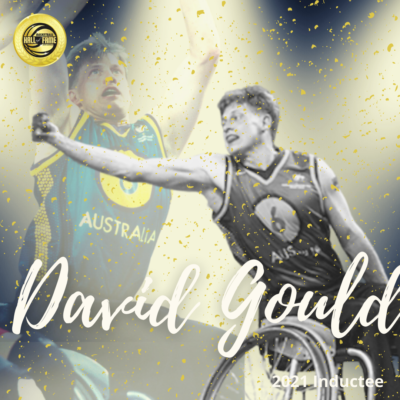
Bryan Hennig won the Woollacott Medal as the fairest and most brilliant player in South Australia in 1961 – exactly 60 years ago.
A lifelong lover of the sport, being deemed as “too short” never was a deterrent for Bryan. If anything, it motivated him to become highly skilled and a high achiever in the game.
Already a pocket dynamo as a youngster, Bryan was selected to represent South Australia at the historic first Australian Under-18 Junior Championship in 1954 and again as a top age junior in 1955.
Equally excited by the prospect of coaching, in 1953 – even before his arrival at under-18 level as a player – he was the inaugural coach of the Falcons team which competed in the OBI’s Women’s League.
They finished second to the powerful Vikings, Bryan holding down the coaching role for three years with the Falcons.
Rising in stature as a player in his own right, Bryan was selected for the senior South Australian team from 1957-1962, winning the national championship in 1957-1958-1959-1960.
By 1961, Bryan had established his presence on the national scene and was first part of the Australian All States team which toured New Zealand, before being selected to represent Australia at the FIBA World Championship in Manila, Philippines, in 1962.
When Philippines President Diosdado Macapagal refused to issue visas to players from Communist countries such as Yugoslavia, FIBA pulled the pin on the tournament and instead re-assigned it to Brazil in 1963.
And while there was a World Series in Rio in 1963, those nations chosen to compete in 1962 in Manila went ahead anyway and played the now non-sanctioned World Championship.
Matches were held at the 30,000 seat Big Dome in Manila and Bryan’s teammates on the Boomers team included Lindsay Gaze, Barry Barnes, Mike Dancis, Ken Cole, Billy Wyatt, John and Mal Heard and John Hody.
In 1964, by which time Bryan had moved to Tasmania – which he represented at Australian Championships from 1963-1968 – he looked an absolute certainty to be selected on the Australian team bound for the Tokyo Olympic Games.
His chances for selection on what would become one of Australia’s most famous and successful early international teams, seemed assured during the Australian Championship at Adelaide’s Forestville Stadium.
As the weeklong tournament among the states concluded, Bryan was named as the carnival’s “best and most brilliant player” – the forerunner of the Most Valuable Player award. Naturally, it was assumed he would also be named in the 12-man Boomers team for Tokyo but in one of the most controversial and shock decisions of the time, his name was the notable absentee.
With South Australia winning the Final from Victoria, and NSW third, Bryan apparently had no allies around the selection table, the Olympic team comprised of players from those state teams.
In any review of the history of the Norwood Basketball Club, Bryan’s role in it is profound and exemplary. Apart from a brief stint in 1960 spent with the Latvian-based Venta club, Bryan played for two clubs in South Australia – Norwood and the Hungarian-based Budapest.
He was perfectly placed when the two clubs merged many years later to form the Norwood-Budapest Basketball Club, Bryan later even turning to administration as the club’s president for 15 years from 1969.
Starting at Norwood, he crossed over to Budapest in 1957 and played on the Hungarian club’s OBI State championship winning teams of 1957 and 1958.
When Budapest joined the District and Metropolitan Amateur Basketball Association, Bryan was a key member of its 1961 and 1962 State championship-winning teams and its 1963 runner-up.
Returning to South Australia from his years in Tasmania, Bryan coached South Australia’s Under-18 state team in 1972 and 1973.
Bryan still also was playing at top level with Norwood-Budapest (which eventually eased the Budapest name into retirement) from 1968 to 1973.
A hustling, fearless defender with wicked quickness and a copybook jumpshot, he has been a regular participant in Masters Games since 1988 and as one of the all-time greats in South Australian basketball, is a worthy recipient of BSA Hall of Fame induction in the Class of 2021.
